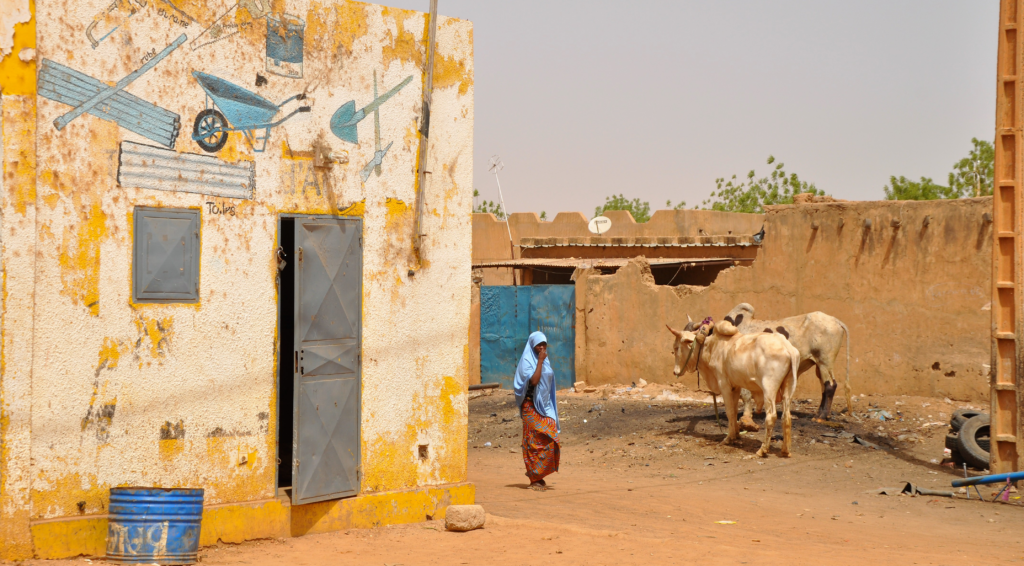
Like many other parts of the Liptako-Gourma, the Tillabéri region in Western Niger faces a severe security crisis, with over 2,500 documented deaths between 2017 and mid-2022, which is 52.8% of the national violence count during that period. This crisis affects front-line communities in ways that can be common or distinctive for women, girls, men, and boys. Research has shed light on some of these gender-specific impacts, particularly an increase in gender-based violence, including child marriage. Niger already has the world’s highest prevalence of child marriage, with 76% of girls married before 18 and 28% before 15 – usually to much older men. In conflict-affected areas, these rates are even higher, often driven by economic pressure, leading impoverished families to marry off their girls in an attempt to reduce dependents and establish protective and supportive alliances with the groom’s families.
Child marriage, often associated with forced marriage, infringes upon the rights and human security of young girls and exposes them to sexual violence, serious physical harm, and the increased risk of maternal mortality. Early childbearing, before girls’ bodies are developmentally prepared, increases those health and vital risks. Child marriage also compromises girls’ future, often implying their de-schooling, setting them up for life-long economic dependency, and embedding them in couple dynamics that are marked by power imbalances and conducive to the normalization of domestic violence. Conversely, the closure of nearly a thousand schools due to insecurity in the region (987 in 2023 according to UNICEF) further exacerbates girls’ exposure to child marriage and boys’ vulnerability to recruitment by armed groups.
Similarly, violence and insecurity raise the risk of conflict-related sexual violence, which is underreported due to social stigma. Such violence is typically associated with non-state armed groups but may also involve security forces, emphasizing the need for systematic accountability. The post-26 July 2023 coup atmosphere makes such accountability less likely, as the civic space has shrunk, leaving less safe options for criticism.
The financial dependence of women on their husbands turns into a heightened vulnerability risk when those men are targeted in attacks. The plight of widows and orphaned children of civilian male victims of the conflict, who often face economic distress and isolation is routinely overlooked. Due to the crisis, the societal structures that usually support widows and orphans of fathers – such as extended families – tend to be less accessible and effective. Forced displacement disarticulates extended families and distends community ties, often cutting widows and orphans from traditional support networks. Public policies must be implemented to prevent the further descent of these women and children into extreme poverty or the clutches of armed groups.
Comprehensively addressing the Tillabéri security crisis requires a human security approach considering the impact of gender. Direct community consultation can help identify local concerns, maintain constructive dialogue, and craft relevant responses. Gender-disaggregated data is essential for shaping effective public policy and humanitarian efforts, benefiting all individuals affected by the conflict, regardless of their gender.